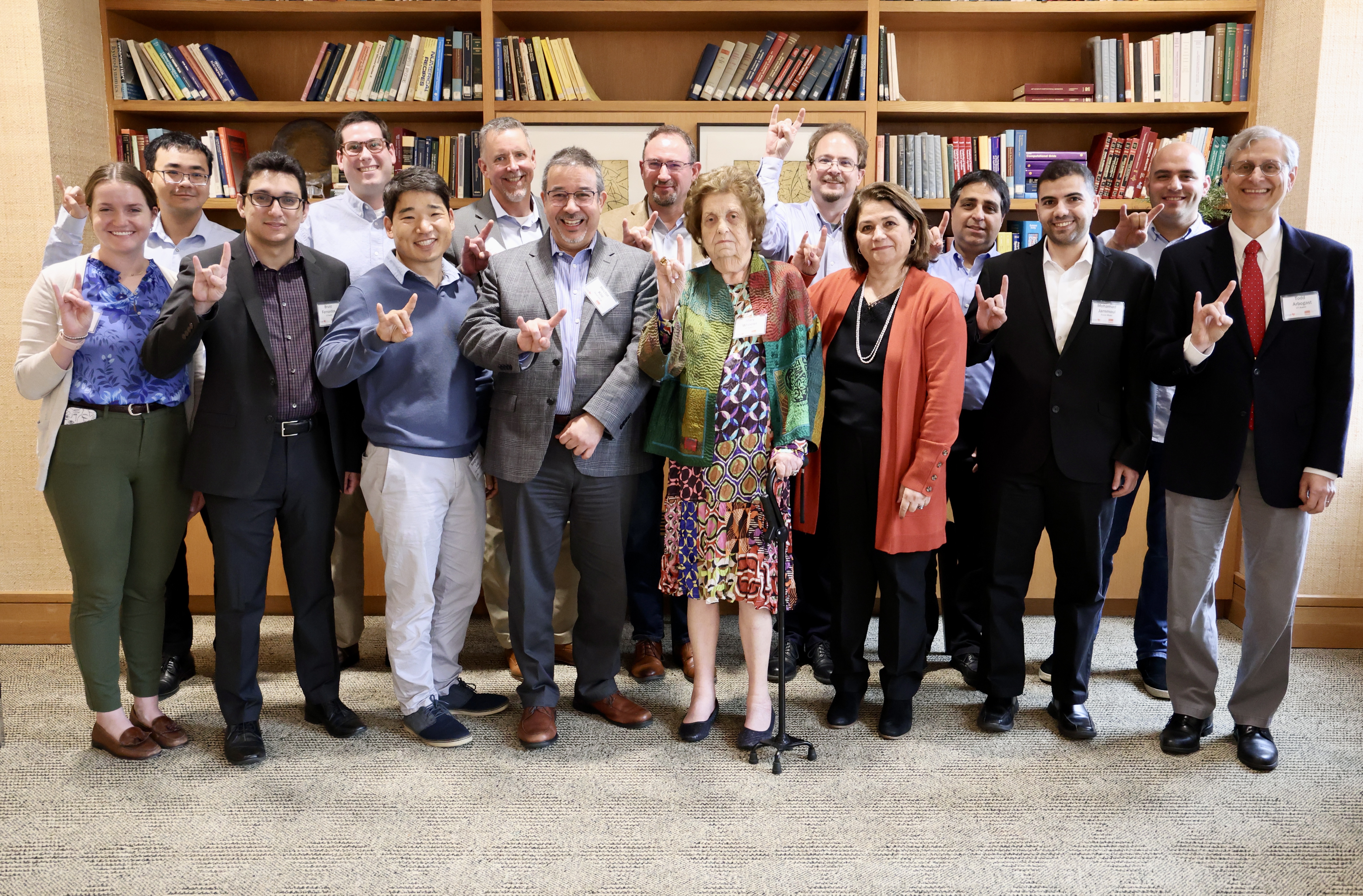
At the Center for Subsurface Modeling, the research group strives to meet today’s numerical modeling challenges by bringing together mathematicians, engineers, geoscientists, and computational scientists in a cooperative environment. The group believes that a multidisciplinary approach is the best way to obtain accurate, reliable, and efficient solutions to real-world problems. Active work is done with academic and industrial collaborators throughout the world to deliver cutting edge scientific advancements in the form of toolsets for subsurface applications. Center researchers continually seek to improve the physical understanding of subsurface phenomena using consistent mathematical modeling and advanced numerical solution techniques. High performance computing is used to reduce computational costs associated with complex models. Funds from the Industrial Affiliates program and federal agencies have helped the group develop their own parallel computing environment, which enables them to test and prove new concepts in advanced modeling and simulation.
Website
Directors
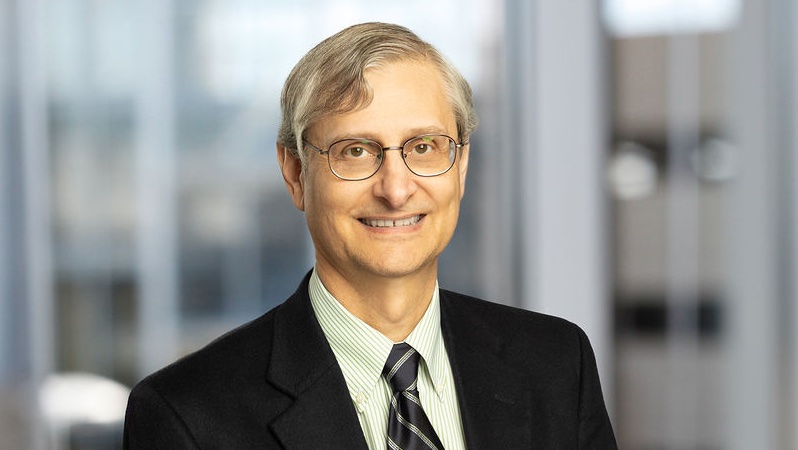
Faculty and Research Staff
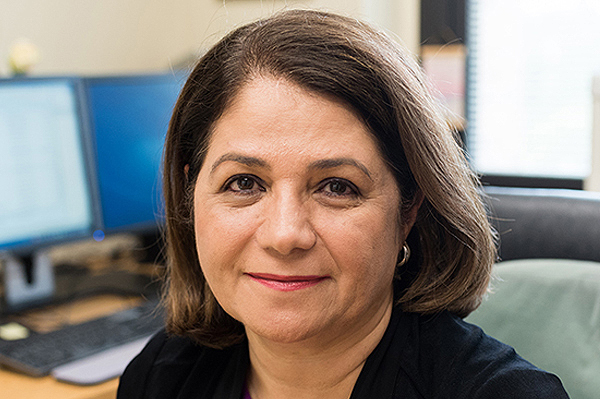
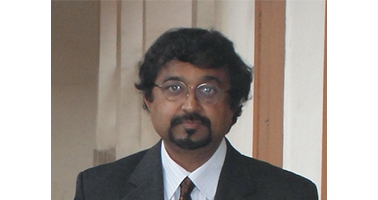
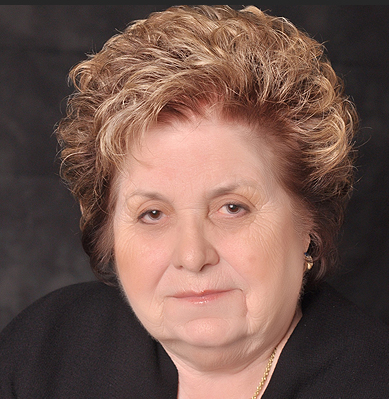
Staff
An accurate description of complex subsurface phenomena warrants understanding of the underlying physical processes using consistent mathematical modeling and robust numerical solution techniques. Such models require parameter estimation using novel history matching approaches to quantify the uncertainties associated with subsurface heterogeneities. CSM researchers collaborate with experts spanning across various disciplines to model flow and transport of fluids in reservoirs of varying complexities (heterogeneous media; fractured and vuggy) accounting for fluid phase behavior, geochemical reactions and geomechanical deformations (subsidence).
These modeling advancements are implemented in our in house reservoir simulator (IPARS – Integrated Parallel Accurate Reservoir Simulator) or available as stand-alone toolsets for specific applications. Our model developments assist industrial affiliates in their field deployment efforts.
Projects
Bayesian Optimization for Field Scale Carbon Sequestration
NSF and IBM
Mary F. Wheeler, Kirk Jordan, Xueying Lu (graduate student)
Modeling Acid Fracturing Treatments with Multi-stage Alternating Injection of Pad Fluid and Acid
American Chemical Society
Mary F. Wheeler, Rencheng Dong (graduate student)
Implicit Space Time Domain Decomposition Approach for Solving Multiphase Miscible Flow: Accuracy and Scalability
Industrial Affiliates Program
Mary F. Wheeler, Hanyu Li (graduate student)
Reduced Order Modeling for Multiphase Flow Using a Physics-based Deep Learning
Aramco Services
Mary F. Wheeler, Thamer Alsulaimani (graduate student)
Diffusive adaptive phase-field fractures coupled to the reservoir simulator
Industrial Affiliates Program
Mary F. Wheeler, Sanghyun Lee, Mohamad Jammoul (graduate student)
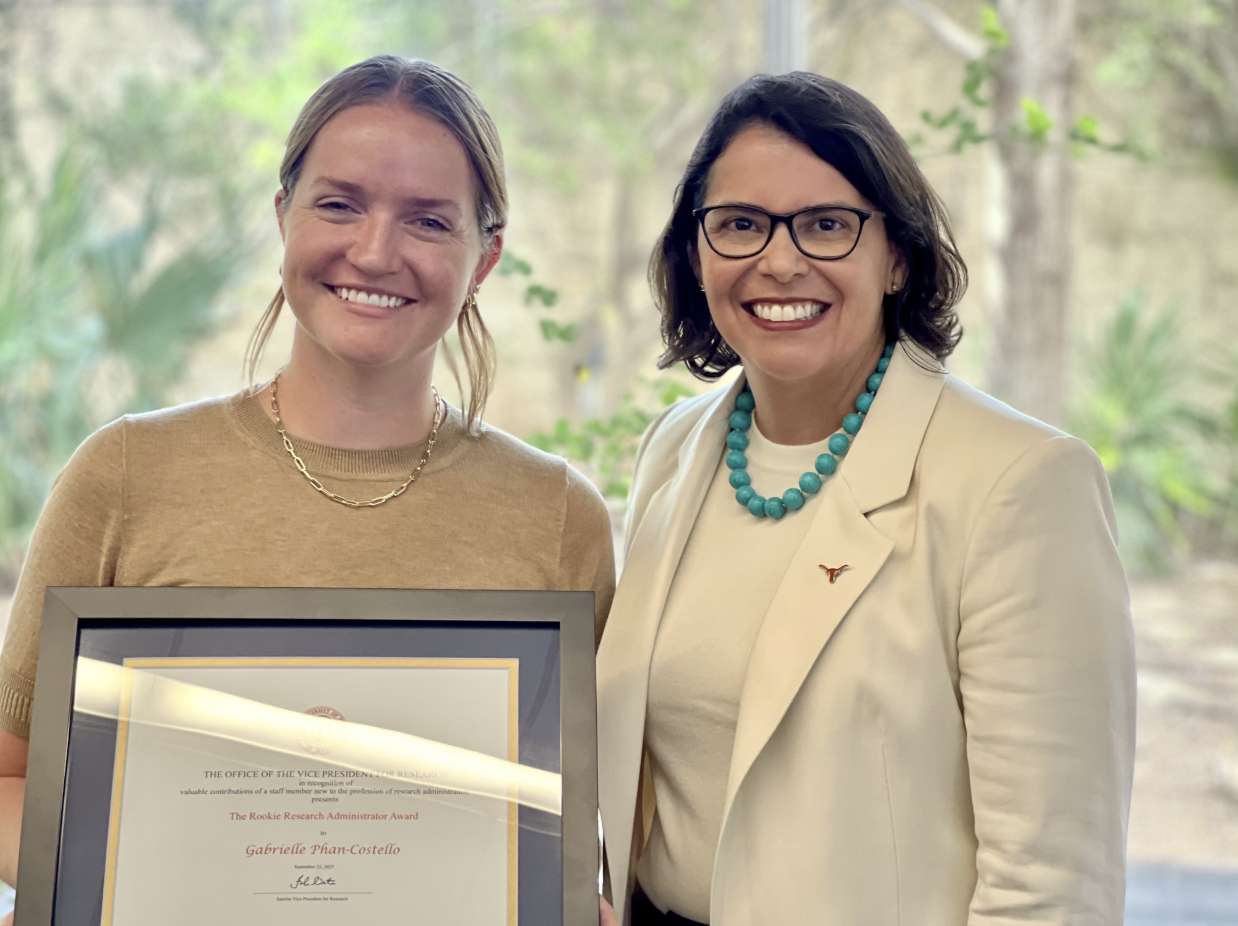
News
Oct. 22, 2025
Oden Institute research administrator received the award during UT's 2025 National Research Administrator Day Celebration.

Feature
Oct. 7, 2024
Mary F. Wheeler, best known for her work in finite element analysis and porous media problems, retired in August 2024.
Her research uses an interdisciplinary approach to solve grand challenges with applications from environmental remediation, carbon storage, thermal energy to ideas in predictive surgery.
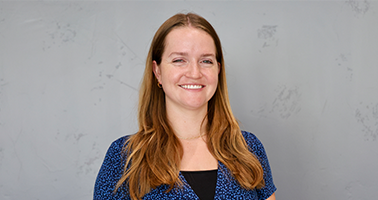
Profile
July 8, 2024
Get to know Gabrielle Costello, and learn about her journey from high school English teacher to research administrator at the Oden Institute.